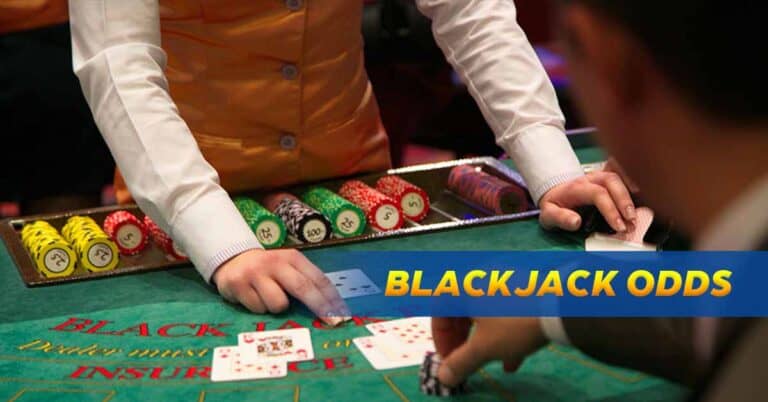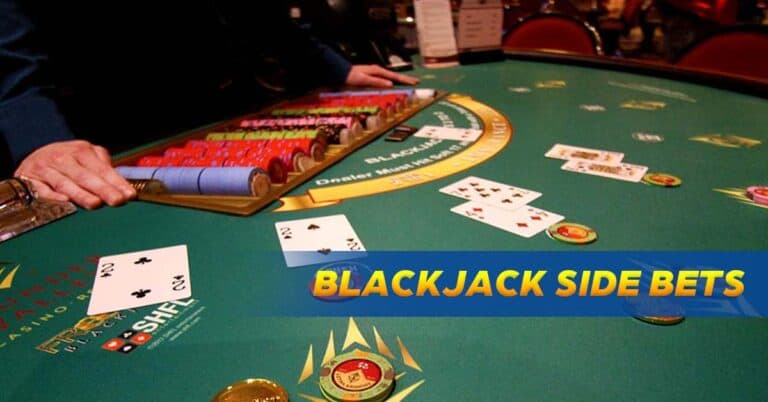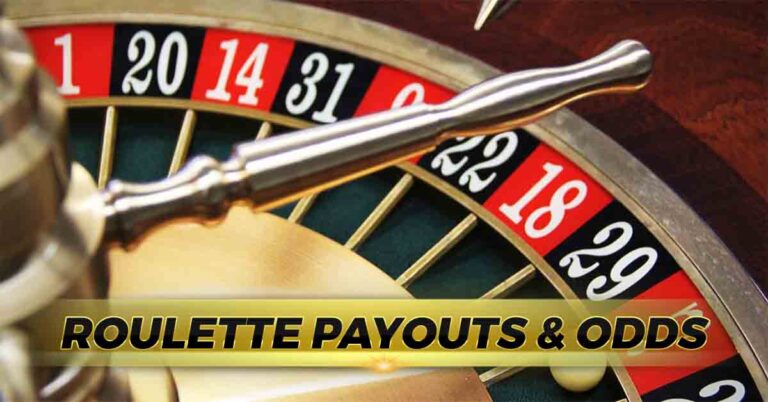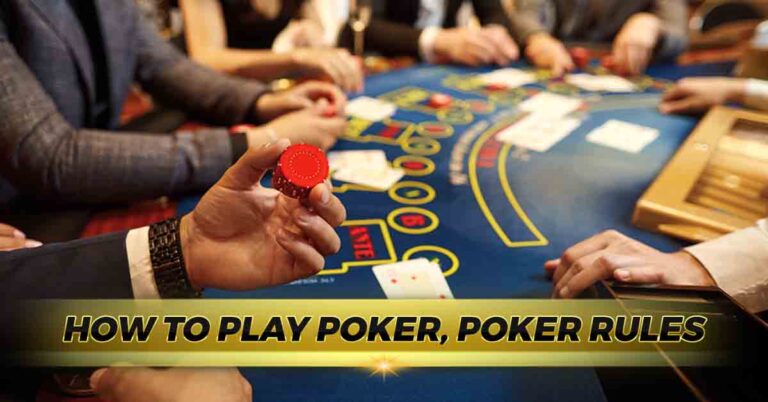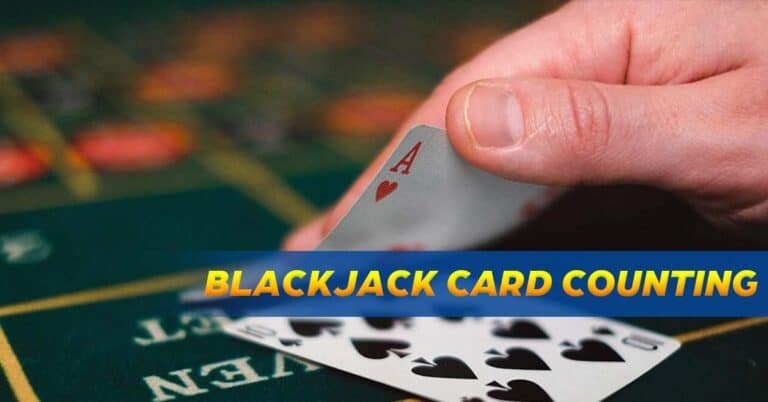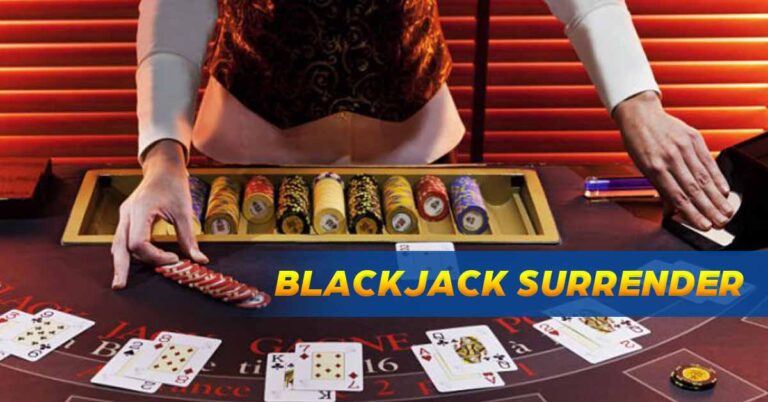Poker Strategies, Tips, and Advice for Gamers
Discover effective online poker strategies to enhance your gameplay and increase your chances of winning. Explore a range of tactics to outsmart your opponents and dominate the table. Learn the ins and outs of Poker Strategies.

Play fewer hands
Even the top players in the world have a maximum number of starting hands they can play before the flop in a No-Limit Texas Hold ’em game. Poker players who play too many hands quickly deplete their chip balance. The simplest and quickest approach to increase your income is by creating a strong pre-flop poker strategy. While creating strong preflop ranges is rather simple, maintaining the discipline to stick to them is challenging.
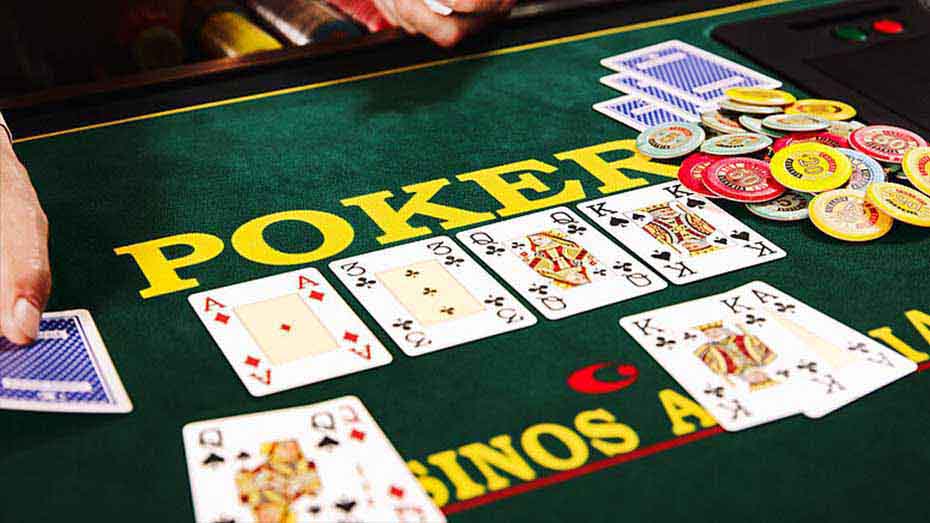
Avoid getting impatient and playing a hand that isn’t worth betting. The optimum strategy is to play a number of strong and/or playable hands, and you must play those hands well. Playing aggressively with all of your hands, even the riskier ones like 7-6 or 5-4-5, enables you to hide the true power of your hand.
Bluff effectively
Listen up, poker champs! Bluffing is a weapon in your arsenal, but wield it with care. A poorly executed bluff can drain your chip stack faster than you can say “all in.” So, what’s the trick to mastering the bluff? Let the cards do the talking.
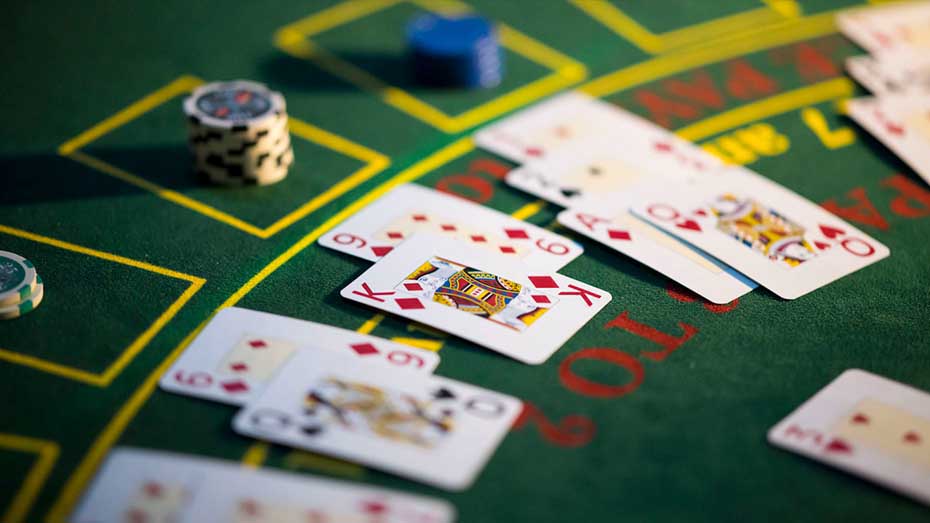
A successful bluff relies on having outs to score the winning hand down the road. Think straight draws, flush draws, or even just that one or two overcards to the board. These are your backup dancers, ready to step into the spotlight if your bluff gets called. It’s a bit like having a Plan B up your sleeve, just in case Lady Luck decides to play hard to get.
Bet your strong hands Poker Strategies
Alright, poker aficionados, let’s talk strategy post-flop. When you’ve got a killer hand, it’s time to make those chips sing. But hold your horses, cowboy! Not every situation calls for a bet or a raise. Sometimes, checking is the power move.
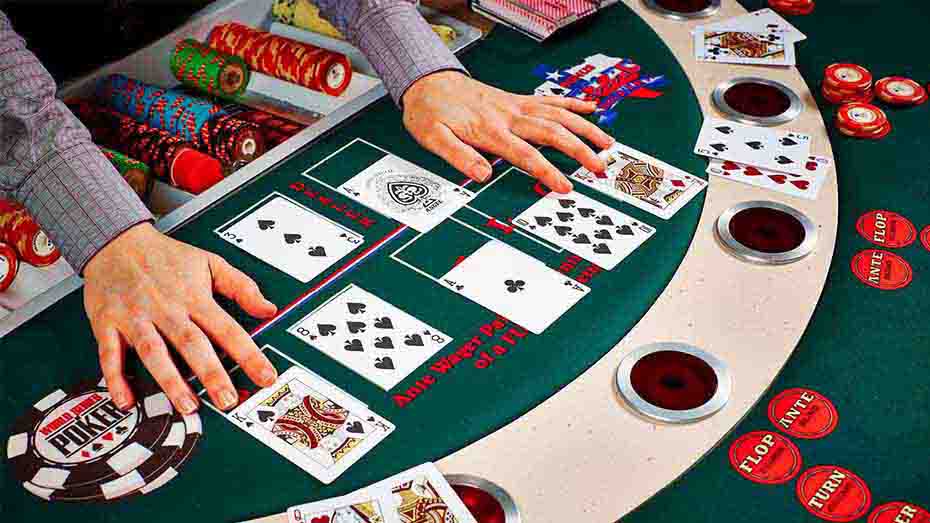
When is that, you ask? Well, if you’re feeling pretty secure that your hand won’t get trumped or if there’s not a whole lot of potential for those pesky scare cards, a check can keep the other players on their toes. But here’s the thing: When in doubt, bet it out. Sure, it’s a bummer when your opponent folds faster than a house of cards, but trust me, it’s way less heartbreaking than getting outplayed or missing out on some juicy value.
To Fold or Not to Fold
Here’s a gem for all you aspiring poker pros out there: the ability to fold when the going gets tough is the mark of a true player. I mean, anyone can hang onto a hand for dear life, hoping against hope that they’re holding the winning ticket. But the real deal? Knowing when to let go. It’s like choosing between satisfying your curiosity and keeping your chips. Remember, every call you make has an impact. Going all-in on uncertainty or in the wrong situation is like handing over your chips on a silver platter. Save yourself the heartache and make the tough choice – fold when you’re unsure. Your chip stack will thank you later.
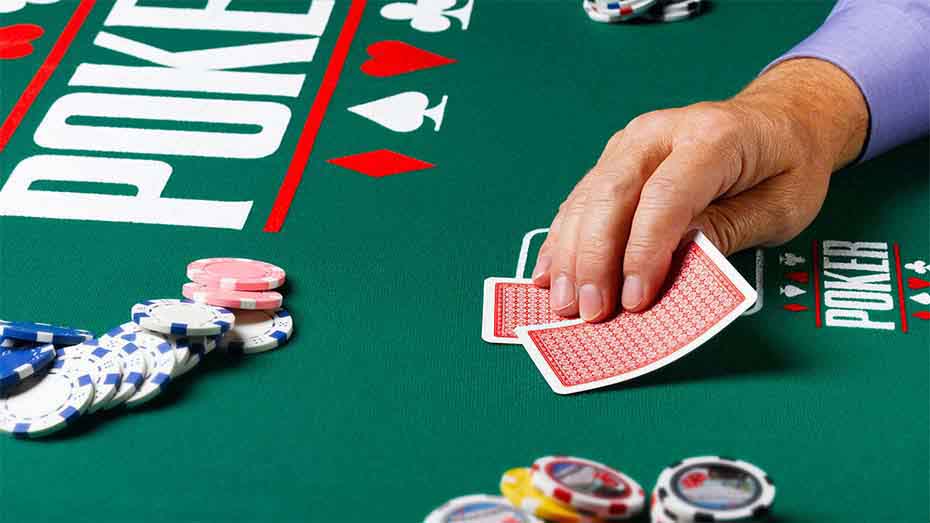
Defending your big blinds
Have you ever wondered why the big blind position is a bit of a special case? It’s like you’re getting a discount on your ante – you’re already invested in the pot. So, when that raise comes knocking while you’re sitting pretty in the big blind seat, you’re in a sweet spot. Your pot odds are more favorable than a cozy armchair. Being the last to act before the flop is your golden ticket to playing a wider range of hands than the rest.
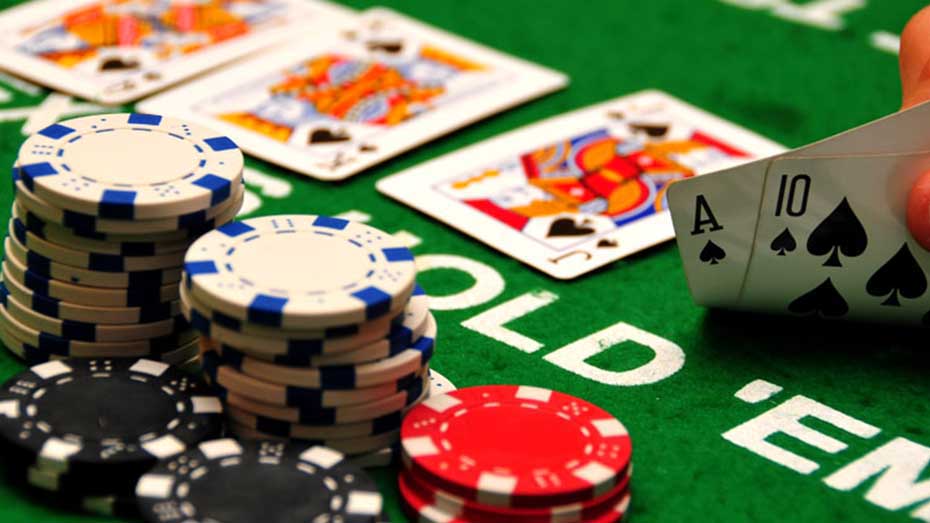
Now, don’t get me wrong, we’re not talking about going all-in with trash like 9♠ 5♦. It’s more about those borderline hands, like K♣ 9♦ or Q♥ 6♥, that become your besties. But remember, there’s a science to it – your defense strategy depends on factors like the raiser’s position, the number of players in the hand, and the size of the raise. It’s like a game of poker chess!
Play and Join tournaments
The start of online casino poker tournaments and stack preservation have their proper times and places, don’t they? One of the most frequently misunderstood elements of tournament poker strategy is this. Remember that you’ll need to increase your beginning stack by at least doubling or tripling it (and generally more) in order to place in the money.
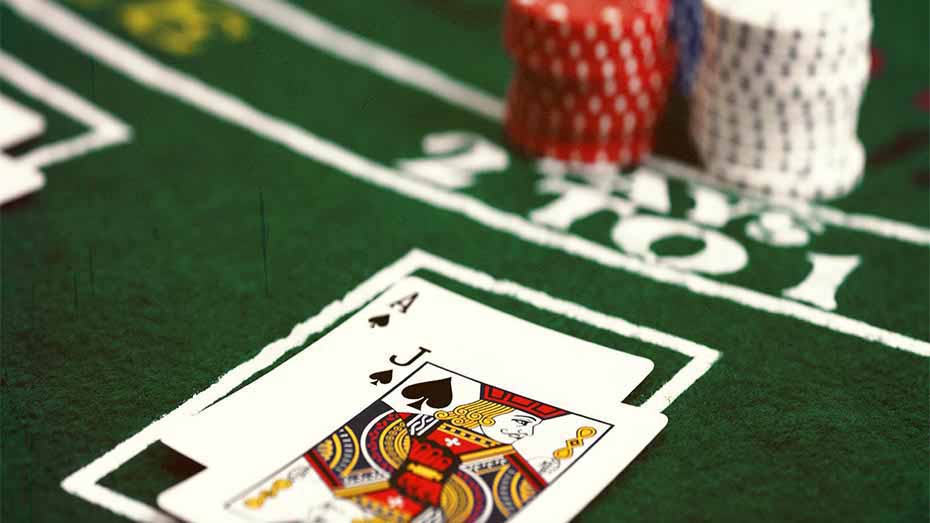
To develop a stack for the long run, you should play strong and aggressive poker early on as opposed to playing defensively. Only when you are short-stacked and close to the money bubble or a pay leap should you switch to a more survival-focused playing strategy.
Adapting to Different Game Formats
Poker comes in various formats, from the fast-paced Texas Hold ’em to the more strategic Omaha. Each format requires a unique approach. Adaptability is key. Whether it’s adjusting your starting hand selection or shifting your aggression levels, being flexible in different game formats can give you a significant edge. And if you want to make a sick-good profit, you should play against the worst people you can find. Here is a list of what a good poker game should have:
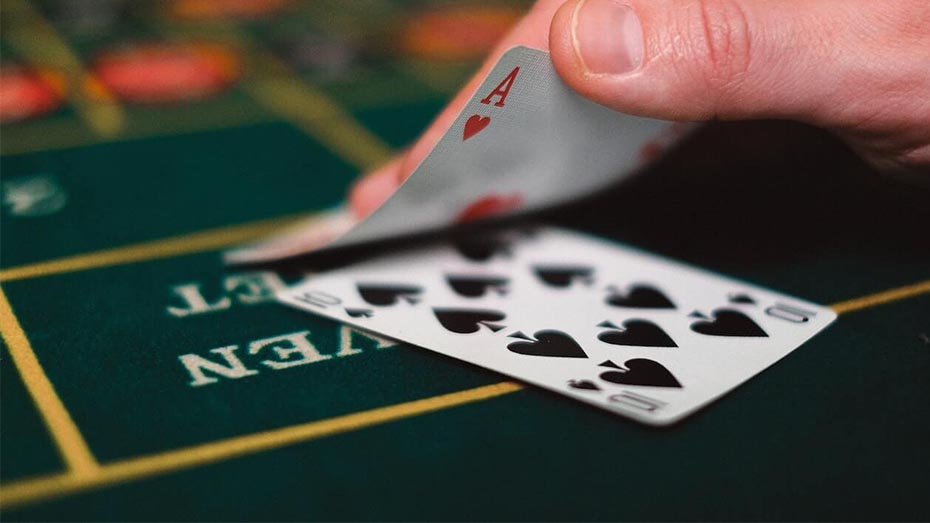
Always put yourself in situations where you have the best chance of winning. This is why when you play cards, you should leave your ego at the door. In general, if you want to win more than you lose, you need to be better than about half of the other players at the table.
Patience and Timing
They say patience is a virtue, and in poker, it’s a winning strategy. Avoid the temptation of playing every hand and, instead, wait for favorable opportunities. Timing is everything; knowing when to fold, call, or raise can be the difference between a triumphant win and a devastating loss.
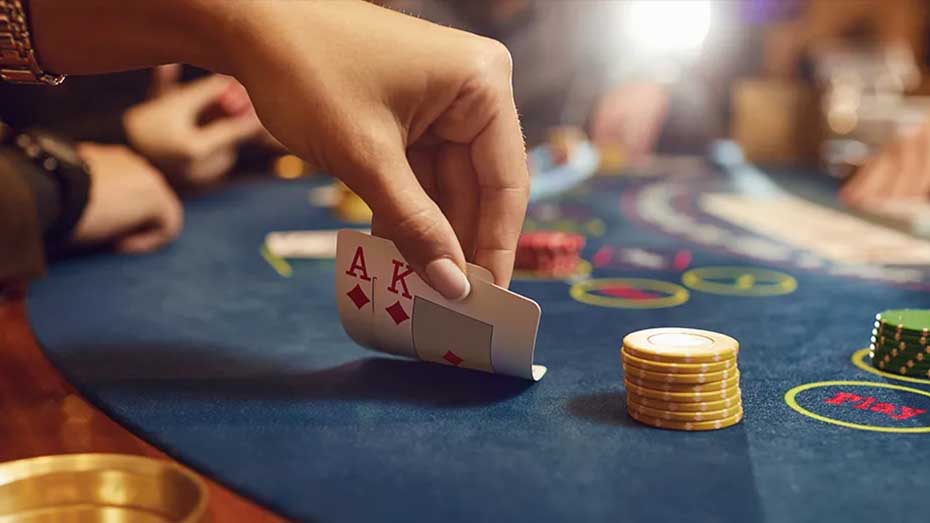
Learning from Losses in Poker Strategies
Losses are inevitable, even for the best players. Rather than dwelling on defeat, use losses as learning experiences. Analyze your gameplay, identify mistakes, and refine your strategies. Adapting and growing from losses is a hallmark of a successful poker player.
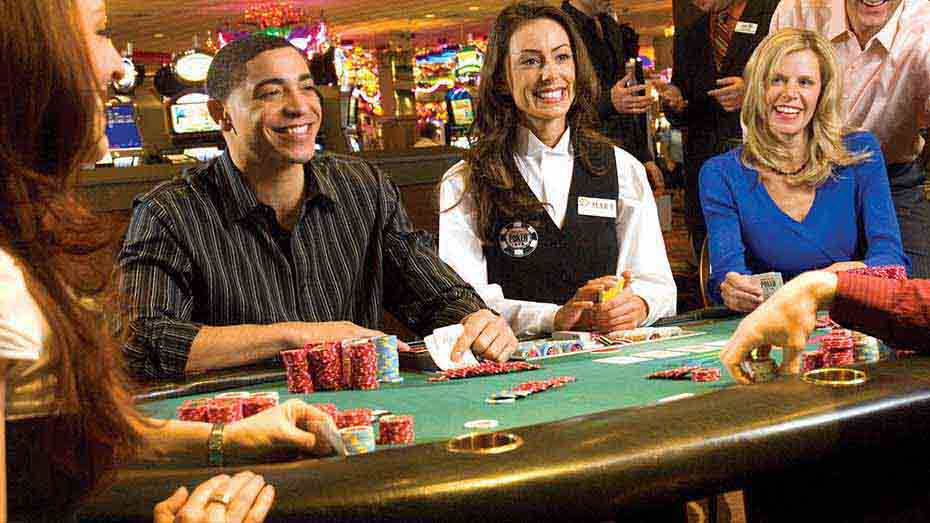
FAQs
Conclusion
If you want to learn how to win in poker as quickly as possible, I believe these are by far the most crucial poker recommendations for beginners. You will pick up the poker strategy more quickly and avoid many of the frequent errors that other players make at the tables. Even though it’s obvious that this is only a beginner-level poker strategy, using it will help you defeat your rivals at low-stakes games and lay the groundwork for future success.








